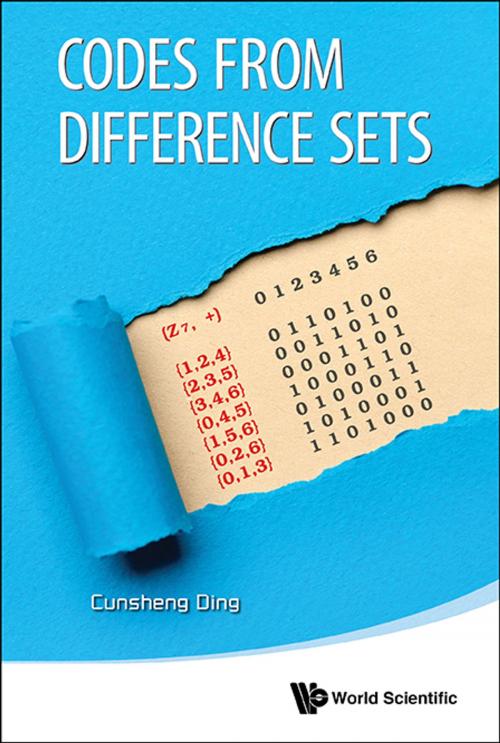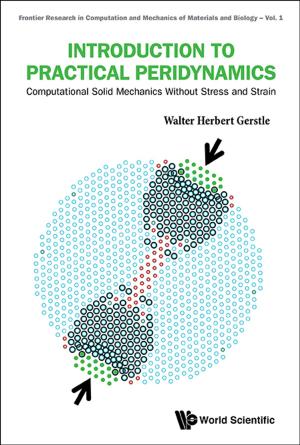Codes from Difference Sets
Nonfiction, Science & Nature, Mathematics, Combinatorics, Technology, Engineering| Author: | Cunsheng Ding | ISBN: | 9789814619370 |
| Publisher: | World Scientific Publishing Company | Publication: | August 8, 2014 |
| Imprint: | WSPC | Language: | English |
| Author: | Cunsheng Ding |
| ISBN: | 9789814619370 |
| Publisher: | World Scientific Publishing Company |
| Publication: | August 8, 2014 |
| Imprint: | WSPC |
| Language: | English |
This is the first monograph on codebooks and linear codes from difference sets and almost difference sets. It aims at providing a survey of constructions of difference sets and almost difference sets as well as an in-depth treatment of codebooks and linear codes from difference sets and almost difference sets. To be self-contained, this monograph covers necessary mathematical foundations and the basics of coding theory. It also contains tables of best BCH codes and best cyclic codes over GF(2) and GF(3) up to length 125 and 79, respectively. This repository of tables can be used to benchmark newly constructed cyclic codes.
This monograph is intended to be a reference for postgraduates and researchers who work on combinatorics, or coding theory, or digital communications.
Contents:
- Mathematical Foundations
- Linear Codes over Finite Fields
- Designs and Their Codes
- Difference Sets
- Almost Difference Sets
- Linear Codes of Difference Sets
- Linear Codes of Almost Difference Sets
- Codebooks from (Almost) Difference Sets
Readership: Students and professionals working on combinatorics, or coding theory, or digital communications.
Key Features:
- This is the unique monograph on the topic, and thus has no competing titles. It is the first comprehensive reference on almost difference sets. It is a necessary reference for coding theorists due to the repository of tables of best cyclic codes and best BCH codes
This is the first monograph on codebooks and linear codes from difference sets and almost difference sets. It aims at providing a survey of constructions of difference sets and almost difference sets as well as an in-depth treatment of codebooks and linear codes from difference sets and almost difference sets. To be self-contained, this monograph covers necessary mathematical foundations and the basics of coding theory. It also contains tables of best BCH codes and best cyclic codes over GF(2) and GF(3) up to length 125 and 79, respectively. This repository of tables can be used to benchmark newly constructed cyclic codes.
This monograph is intended to be a reference for postgraduates and researchers who work on combinatorics, or coding theory, or digital communications.
Contents:
- Mathematical Foundations
- Linear Codes over Finite Fields
- Designs and Their Codes
- Difference Sets
- Almost Difference Sets
- Linear Codes of Difference Sets
- Linear Codes of Almost Difference Sets
- Codebooks from (Almost) Difference Sets
Readership: Students and professionals working on combinatorics, or coding theory, or digital communications.
Key Features:
- This is the unique monograph on the topic, and thus has no competing titles. It is the first comprehensive reference on almost difference sets. It is a necessary reference for coding theorists due to the repository of tables of best cyclic codes and best BCH codes















